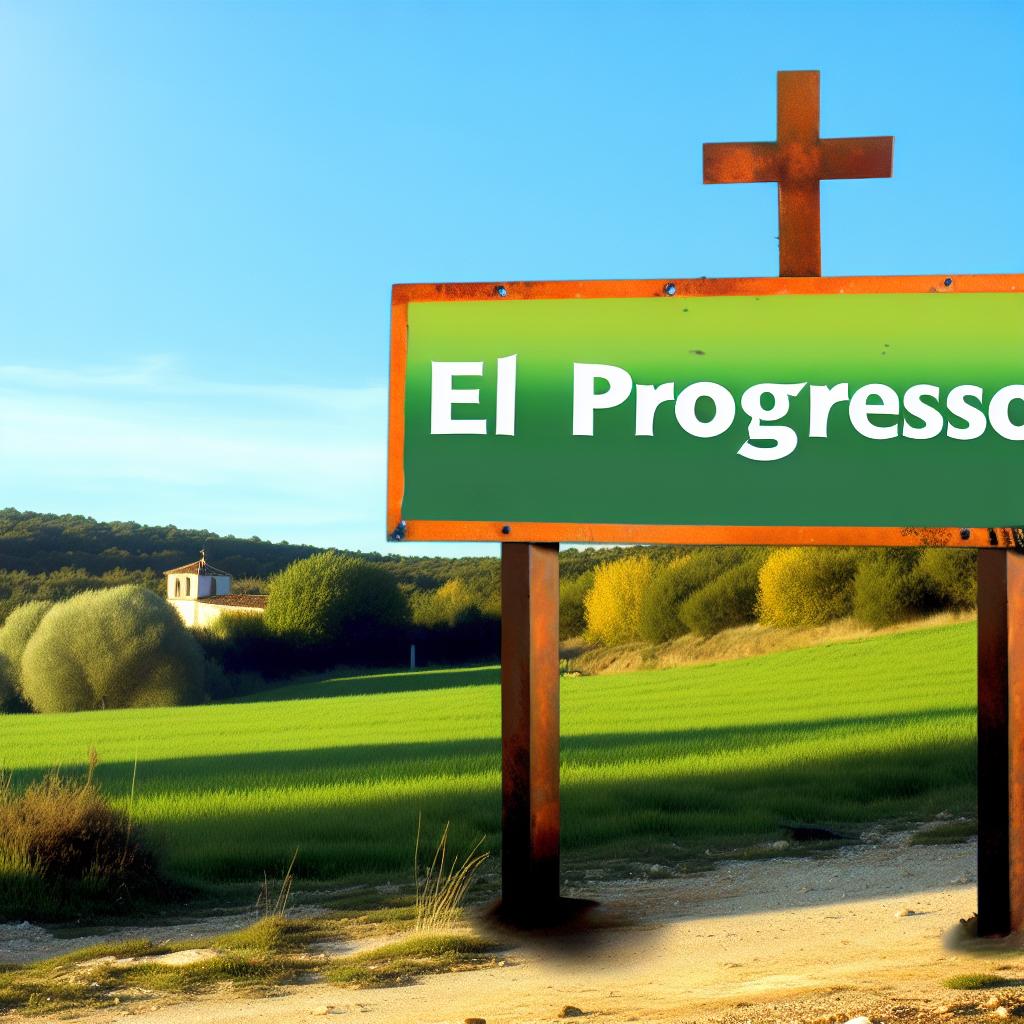Contents
Overview of El Progreso
El Progreso is a city located in the northern part of Honduras, within the department of Yoro. Known for its significant role as an economic hub, the city plays a pivotal part in the country’s agricultural and industrial sectors. The proximity of El Progreso to major cities like San Pedro Sula contributes to its economic significance.
Economic Importance
The city’s economy is diverse, with agriculture and manufacturing being the primary sectors. The fertile lands surrounding El Progreso support the cultivation of various crops such as bananas, sugar cane, and palm oil. These products are not only consumed locally but are also vital export commodities for Honduras. The agricultural sector is a cornerstone of the region, providing employment and fostering growth within the community.
Additionally, El Progreso is home to several manufacturing operations. Textile production is particularly prominent, with numerous factories contributing to both the national and international markets. The presence of these industries reinforces the city’s strategic economic position, creating numerous job opportunities and facilitating trade. By constantly adapting to market demands, El Progreso has maintained steady growth in these sectors.
Transportation and Infrastructure
El Progreso benefits from a well-developed transportation network. The city’s infrastructure supports the smooth transit of goods and people. Key roads connect El Progreso to San Pedro Sula and other cities, facilitating commerce and travel. Public transportation options, such as buses, serve the local population effectively, ensuring accessibility for commuters and visitors alike. The efficient transport network is supported by an ongoing commitment to infrastructure development, which ensures that roads and routes remain in optimal condition.
Education and Institutions
In terms of education, El Progreso has a range of institutions that cater to different educational needs. From primary schools to higher education facilities, the city provides residents with opportunities for academic advancement. Institutions of learning are crucial for fostering the skills required in the city’s economic activities. The local government, along with private partners, has invested in education infrastructure and resources to improve the quality of teaching and broaden the scope of learning opportunities available to students.
Moreover, the presence of vocational training centers allows residents to acquire trade-specific skills tailored to the industrial demands of the region. This focus on education and skill development underscores the city’s commitment to nurturing a capable workforce that can contribute to its economic progress.
Cultural Aspects
Though El Progreso is largely an economic center, it also boasts a variety of cultural attractions. Traditional events and festivals provide insight into the local customs and enhance the city’s cultural landscape. These activities contribute to El Progreso’s identity and offer a glimpse into the region’s rich heritage. The vibrant cultural scene includes music, dance, and art exhibitions, effectively preserving the traditions and promoting the artistic talents of the local community.
El Progreso is also home to several historical landmarks, offering a window into the past and sharing the achievements and history of the region. Engagement with these cultural aspects provides a well-rounded experience for both residents and visitors.
Impact of Earthquakes
As a city in a region prone to seismic activity, El Progreso has experienced the challenges posed by earthquakes. These natural occurrences have occasionally disrupted life in the city, affecting infrastructure and population safety. The city and its surroundings lie in an area where tectonic movements are not uncommon, necessitating a preparedness strategy to handle potential earthquakes.
Over the years, El Progreso has implemented policies aimed at enhancing resilience to such events. Building codes have been revised to ensure that structures can withstand seismic forces, while emergency response teams are trained to react efficiently during incidents. Public awareness campaigns are regularly conducted to educate the population on safety measures and preparedness practices. These efforts are part of a broader initiative to safeguard the population and minimize the impact of any future earthquakes.
While challenges remain, El Progreso demonstrates a commitment to improving infrastructure and emergency response capabilities. Collaboration with neighboring regions and the national government has also been pivotal in developing comprehensive disaster management strategies.
For more details on the city’s economic activities and cultural offerings, you may visit the Centro America Virtual website, which provides additional insights into El Progreso and its role in the region.
